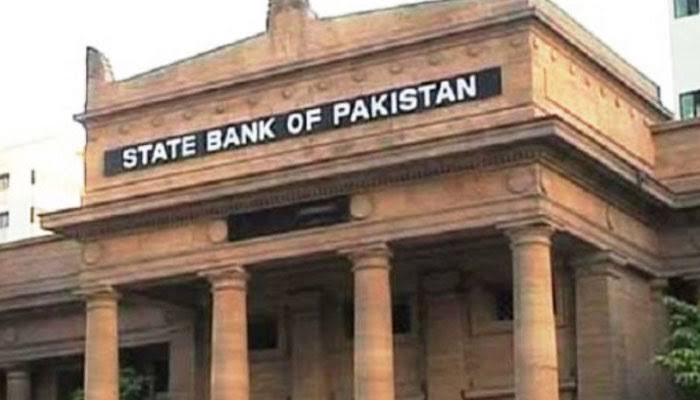By Staff Reporter
KARACHI: The central bank said on Friday that the fiscal year 2023 was “extraordinarily challenging” as the country faced a host of shocks that pushed inflation to multi-decade highs and contracted the economy amid political uncertainty.
The State Bank of Pakistan (SBP) released its Governor’s Annual Report (GAR) for fiscal year 2022-23, which covers the period from July 2022 to June 2023, and provides an assessment of the bank’s objectives, monetary policy, economic performance and financial stability.
The SBP said the average headline inflation surged to 29.2 percent in FY23, around the upper bound of the bank’s revised inflation projection range of 27.0-29.0 percent, though it was in line with multi-decade high inflation in most advanced and emerging economies that maintained an aggressive monetary policy stance.
“While elevated global commodity prices contributed to high inflation outturns, the pressure on external account and ensuing exchange rate depreciation also contributed to inflationary pressures amid uncertainty over the completion of the 9th review of the IMF’s EFF program, inadequate external inflows and continued scheduled debt repayments,” the report said.
The inflationary pressures were driven by the pass-through of costlier fuel and food prices, exchange rate depreciation, increases in energy prices and indirect taxes, high inflationary expectations and ensuing growth in wages.
The SBP said “political uncertainty weighed on business and consumer sentiments, and thus on economic activity.
“Real GDP contracted by 0.2 percent, and budgetary targets for the government’s fiscal and primary balances were missed by large margins amid less than planned tax revenues, and lower than budgeted reduction in subsidies.”
This was despite notable, albeit delayed, fiscal policy measures in the second half of the year.
The SBP responded to these challenges by maintaining a contractionary policy stance, raising the policy rate by a cumulative 825 basis points during FY23, in addition to the 675 basis points increase in FY22, to curb inflation and anchor inflationary expectations.
The central bank report also highlighted a host of measures that the bank took to contain domestic demand and imports in the wake of growing pressures on the rupee and the general prices.
“These measures included tightening the cash reserve and liquidity requirements for banks, imposing regulatory duties on non-essential imports, restricting the advance payments for imports, and enhancing the monitoring of foreign exchange transactions.”
“While some of these measures were difficult given their implications on economic activity in the short term, they were necessary to meet external debt obligations as per schedule, and contain greater risks to macroeconomic stability over the medium term.”
The report acknowledges the central bank’s responsibility of achieving and maintaining price stability while also emphasizing on the role of fiscal policy and effective administration for price and financial stability, particularly rationalization of government spending, increasing revenue collection, strengthening food and energy supply chains, and enhancing productivity.
“The central bank will continue to take decisions to prevent high inflation from becoming entrenched and keep inflation expectations anchored to achieve the medium term target of 5 – 7 percent by the end of FY25, with FY24 inflation moderating to 20 – 22 percent on account of the impact of contractionary monetary policy, improvements in domestic supplies, softer non-energy global commodity prices, and the high base effect,” the report said.
However, the SBP added, that this outlook hinges on the absence of adverse shocks stemming from geo-political tensions and unforeseen climate events, and unfavorable movements in global commodity prices.
Copyright © 2021 Independent Pakistan | All rights reserved




